Written by Jennifer Ariesta.
Season 2 of Marvel’s series Loki brings back the reformed trickster for more misadventures across the multiverse. The show didn’t waste a lot of time for setup. It picks up right where season 1 left off and immediately hits the ground running.
Fair warning before we continue: the discussion ahead is gonna include spoilers from Loki season 1.
At the end of Loki season 1, Loki (Tom Hiddleston) and Sylvie (Sophie Di Martino) discover that He Who Remains is really Kang the Conqueror (Jonathan Majors). At least, a variant of him. That means, Avengers’ upcoming big bad is the one behind Time Variance Authority (TVA), maintaining the one Sacred Timeline (essentially, the main timeline hosting every MCU events thus far) and pruning the rest in order to keep his variants from starting a war.
The ending also exposes TVA’s dark secret, namely that everyone working for TVA are actually not creations outside of time, but actual people kidnapped from their timelines. The revelation changes everything for our TVA characters like Mobius (Owen Wilson) and B-15 (Wunmi Mosaku).
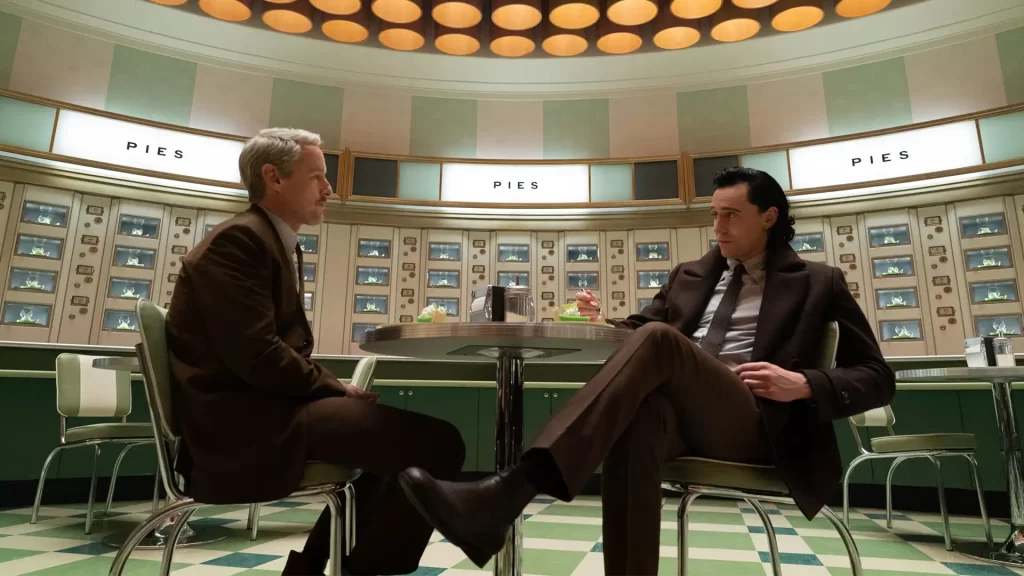
Meanwhile, Sylvie’s decision to kill He Who Remains inevitably opens the door for the unleashing of Kang’s variants from multiple timelines, setting the stage for Kang Dynasty. We’ve already seen a snippet of what a Kang variant is capable of in Ant-Man: Quantumania. The biggest threat he poses isn’t in the might of an individual, but in the sheer numbers of the bloodthirsty conquerors from many different timelines converging together. This is what Loki and co grapple with in season two.
The season opener sees Loki, Mobius and B-15 still trying to track down the missing Sylvie, Ravonna Renslayer (Gugu Mbatha-Raw) and AI-gone-rogue Miss Minutes. But first, they need to undo the out-of-control diverging timelines from destroying time completely.
The first episode plays like the third act of a movie, with its focus around containing the damage of He Who Remains’ death at Sylvie’s hand. This sets the tone for the season by presenting an interesting conundrum: did Sylvie do the right thing by eliminating a villain or wasn’t she better off just choosing the lesser evil and not unleashing much bigger threats to the world? Moral dilemma is always at play when it comes to Loki; after all, he was a villain who gradually grew into a beloved antihero that now has his own series.
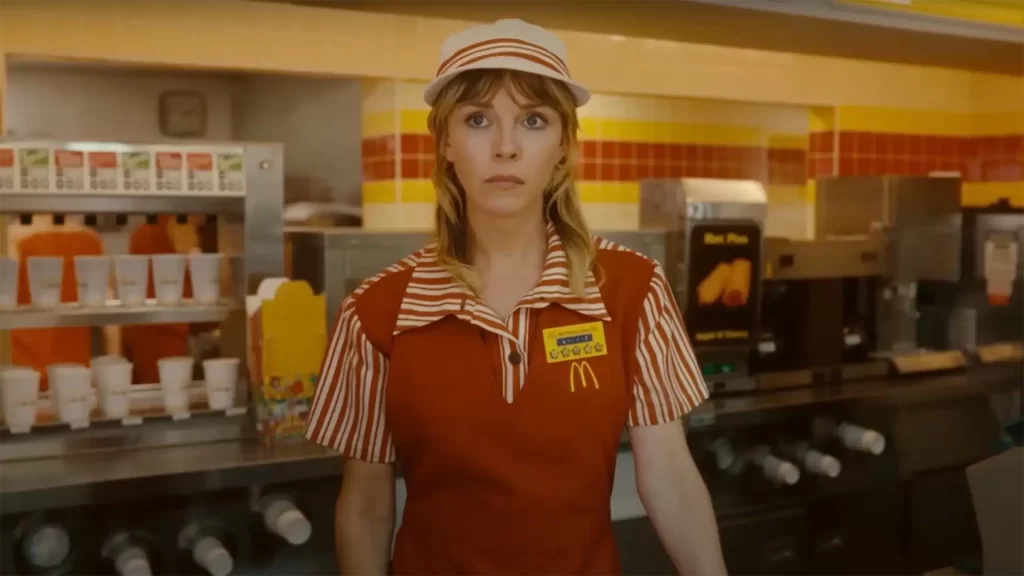
With its complex explorations of time, multiverse, and variants, the show has to rely on tons of expositions. This slows things down as characters have to pause for minutes on end explaining their big science fiction-y plans. Admittedly, the show’s approach on time traveling presents something interesting for a change in the MCU. However, the endless jargon does get exhausting. You know those scenes in movies where a genius character explains a cerebral concept using complex technical terminologies and somebody goes “English, please”? That sums up Loki, with no one bothering to “English” it for the audience. It takes you out of the experience, since the expositions are really integral to the plot.
Visually, the show looks exceptionally better than any other MCU series so far. It has great cinematography and production design. The mid-century and space age influences in the aesthetic – with its signature earthy palette and uniquely-shaped interiors – give the show a distinctive look. There’s definitely a bit of Wes Anderson influence here, what with the centered compositions, meticulously twee worldbuilding and quirky contraptions. (Not to forget: Anderson regular Wilson is here too!) But the most important thing is that everything looks pleasantly tactile and sumptuous, definitely not Marvel’s usual generic CGI realms.
On the performance front, the movie star presence in the supporting cast definitely lifts the boat here. Series newcomer Ke Huy Quan is essentially rehashing his Everything Everywhere All At Once performance as TVA chief engineer Ouroboros, O.B. for short. Nonetheless, he is so good at the whole nerdy time-traveling genius schtick that you’d find him endearing anyway. Wilson also is compelling in his usual wisecracking way. Mobius’ function in the story is essentially to be the Watson to Loki’s Sherlock. Wilson reliably provides ample easy chemistry with his co-actor. Together with O.B., Mobius gives the show some much-needed levity amid the timelines catastrophe.
Sylvie, though, is still not as compelling as the show wants her to be. In fact, the way her character’s written makes it seem as if she’s this brave crusader when her action has so far only complicated matters without good reason. It is therefore puzzling that the show refuses to hold Sylvie the least bit accountable. Her choices are infuriating and Di Martino’s supposed romantic chemistry with Hiddleston doesn’t work, rendering her character maddeningly annoying.
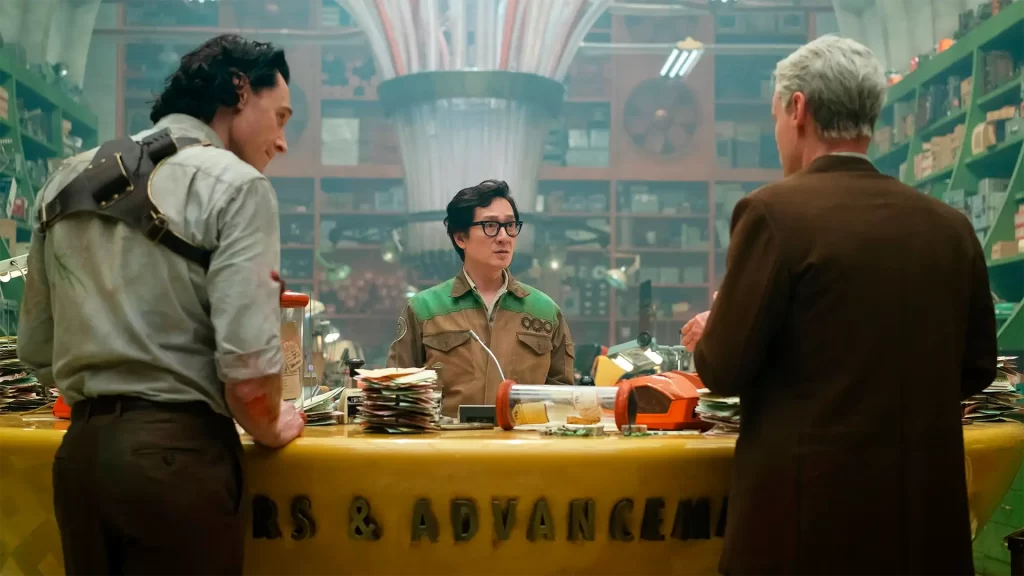
Hiddleston, as always, makes it look effortless. The costuming did a great job styling him with an array of well tailored suits that give him a detective aura. It definitely sets him apart from the Loki we knew from the Thor movies. Hiddleston’s physicality and wit are also alive and well. Nonetheless, we can’t help but miss old Loki’s mischievousness. The show kinda forgets that Loki is best when he’s wily and ambiguous. He’s still supposed to be those, but in trying to paint him as a hero, the show is reluctant to go the distance exploring Loki’s shades of gray.
Ultimately, despite its slick presentation, writing once again undoes a promising MCU project. The show attempts to introduce a global catastrophic event with massive stake without first giving audiences reason to care. What heightens a stake in a story is never the scale of destruction, but how it will impact the characters and their trajectories. What the show is putting at stake – the lives of billions of people from numerous timelines – is bereft of any relatability. To viewers, they’re just lines on a screen, no matter how misty-eyed the show wants viewers to be about it. All of it seems like a vehicle for the eventual plot MCU wants to reach rather than an organic conflict. The overheated Temporal Loom at the center of TVA is starting to resemble the state of MCU storytelling right now: buckling under the weight of making all the interconnected storylines make sense.
Catch the new episodes of Loki on Disney+.



















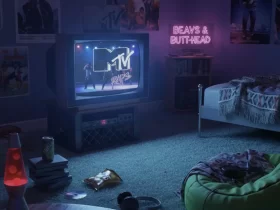

















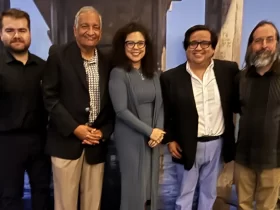


Leave a Reply